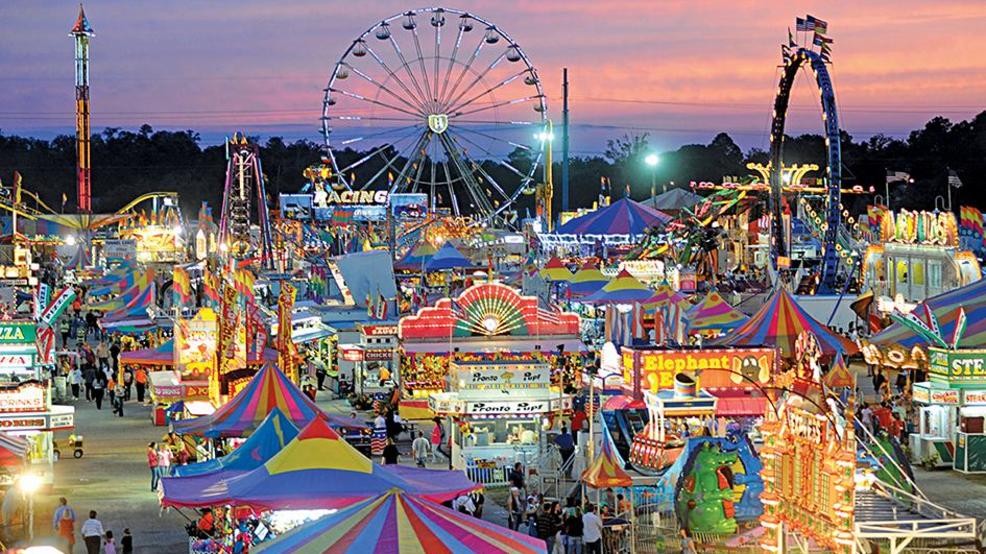THE RIGHT NOTE
Coleton Fishacre, on the south Devon coast, was designed by Oswald Milne, a pupil of Sir Edwin Lutyens, for the hotelier and impresario Rupert D’Oyly Carte and his wife Dorothy. It was built between 1925 and 1926. The house and its garden of rare and exotic tropical plants are now owned by the National Trust.
In this issue:
The Fair Country
History on Wheels
Looking for the Moon?
Interview: Ed Vaizey MP

The Fair Country
I know a bank where the wild thyme blows,
Where oxlips and the nodding violet grows,
Quite over-canopied with luscious woodbine,
With sweet musk-roses and with eglantine.
With this issue, the Chronicle begins ‘Wessex at Westminster’, a series of interviews with Wessex MPs. If you remember we had several interviews with Wessex MPs around three years ago and hope to repeat a similar presentation. So we are delighted to start now with the Minister of Culture, Mr Ed Vaizey. Two questions came out particularly well in the interview. The first was when Ed was asked to speak about his constituency. It was light-hearted, informative and caring, often stepping back into Wessex history, all good stuff for our readers. The second, if I may say so, was on a deeper and more serious note, with repercussions for the nation’s wellbeing. It was on the cultural consequences of an increasing population in relation to the disappearing countryside.

Now this question does not concern itself with the myriad of cultures entering this country but specifically on the English culture’s particular love of nature. That is, what will be the effect on that part of English culture, with both the continuous salami-slicing of much of the countryside around villages to housing and of the continual loss of great chunks in southern England to the ever-encroaching towns and cities?
It is the Chair’s premise that the invading Anglo-Saxon thirst for blood was at last quenched (after several hundred years) by the adoption and eventual acceptance of Christianity, marrying with the Anglo-Saxon love of nature. In fact the two went hand in hand, with the pre Norman Conquest Christians seeing nature and the great outdoors as being at one with the Church of Christ.